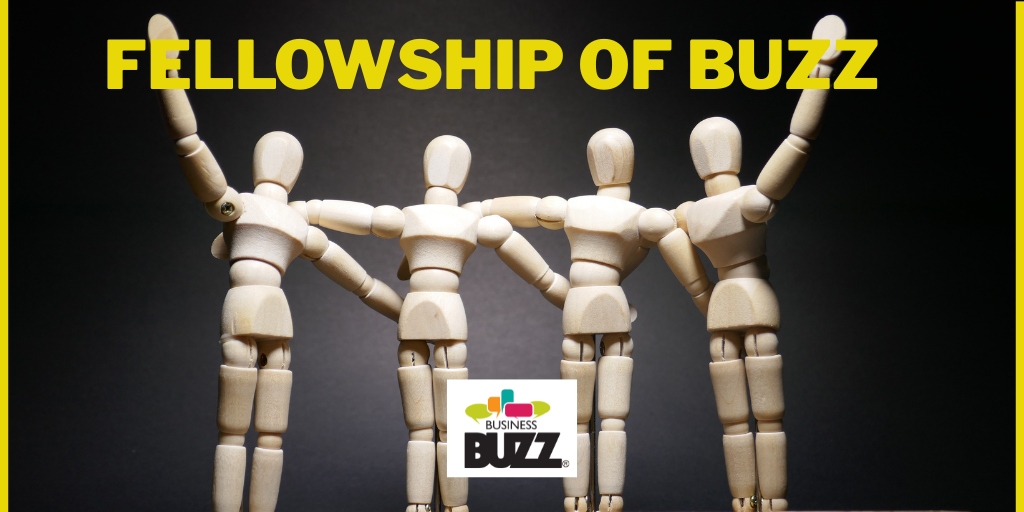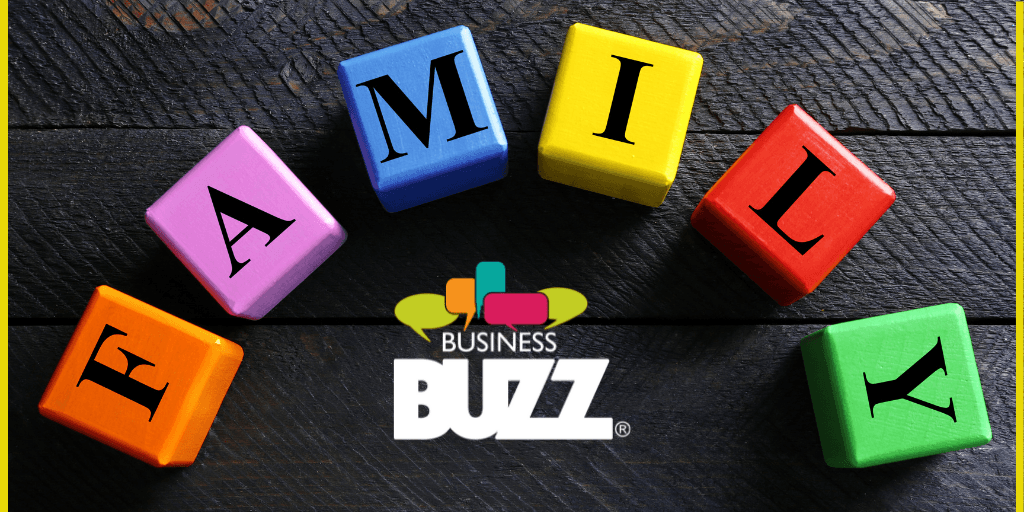Everyone should be mindful of their safety...

It is very rare for any networking brands to carry out background checks on their people & visitors. Some may seek references, but in reality, there is no fundamental requirement to do this & visitors can be transient so having to undertake this work will create a potential barrier or significant delay to entry. Therefore, the onus lies with us as individuals to be aware of what kinds of behaviour make us uncomfortable & for us to act accordingly.
Check-out the people you meet via their website, LinkedIn profile, social media accounts & perhaps a simple Google search. This can help you form an overview as to whether a particular person is someone who you might like to get to know professionally. However, this should not be a panacea for all your networking safety concerns, as there is fake news everywhere, but it should allow you to manage your degrees of awareness.
It is important to remember that there are some people who are socially awkward. This happens for various reasons including networking nerves. Maybe they struggle with boundaries or can be more intense in their conversations & body language than the next person. However, this is not the focus of this blog.
Safe Networking
Today, I want to talk about practical things you can do to keep yourself safe when networking or carrying out those all-important 1-2-1s meetings. At 1-2-1s is a place where we are more vulnerable, because of their very nature. It is you & another person getting to know each other.

Networking nerves can make walking into a room of people you may or may not know quite daunting. Even if you are an experienced networker. One of the easiest ways to mitigate these feelings, to make the opportunity less anxious & for networking to be a safe & enjoyable experience is to have a networking buddy. Someone who you know & trust who is on a similar place in their business journey as you. Together you can look after one another in making those first ventures into networking. Helping someone else to find their feet will alleviate your nerves & you’ll be networking with confidence in absolutely no time at all.
You should consider the way you approach & talk to other people both when in a busy room or in the 1-2-1 setting. Keep all your networking interactions professional. Try not to be overly familiar, don’t talk about those things one should avoid at dinner parties - sex, religion & politics. Also, be careful what information you disclose about your family, friends & other business people, especially if you don’t really know someone. Networking is a two-way street, so you do need to consider the language that you use. If you use expletives you should be prepared for the other person to respond in kind. Your body language should also reflect that your 1-2-1 meetings & general networking form part of your business marketing & part of your brand.
The Mirror Effect

The reason I am mentioning all of this is that it is human nature to mirror other people. So, if you talk in a salacious or titivating manner the signals you send to other people, is that it is OK to have conversations that might encourage unwanted advances, comments or behaviours.
I know from personal experience that there will always be that sales guy who will offer anything to win business. When I was working in an employed role, the owner of one of our third-party supplies attended a meeting where he touched my knee. I don’t remember ever having had more than a professional conversation with him. As we wound up the meeting he offered be an encounter, when I politely declined by waving my wedding ring at him & saying “I am married." He replied, “it’s just a ring!” Who could I report this too? Not to his business as he was the owner & internally in 2010 our company didn’t have a policy that related to me.
Afterwards he presented a really competitive quotation. This business owner had made me feel uncomfortable about having to work with him & his business for the next three years. What was I going to do? After all, as a man, it is difficult to tell other people about such advances. I am expected to simply man-up & brush it to one-side, to do the right thing for our business.
What I did was collate all the information from the various quotes I received & passed it to my manager with no mention of what had happened, with no recommendations. This was out of character. In my mind I thought that if she made the decision based purely on the information contained in the quotations then I could live with the outcome. She knew something was awry & as I explained to her the circumstances, she understood. I was vindicated in having taken this action as together we decided to use a different supplier. If, I as the main contact for this contract was uncomfortable& on edge dealing with them, the whole company would also be on unnerved too. I was surprised at how well I was supported once my manager knew about the encounter. Speaking up should never be a bad thing.
Some Practical Steps
I have deviated a little but I hope you get the point. It is challenging to share these types of experiences, but one should with the right people. So, back to the business in hand. Before you go networking let someone know what you are doing & where you are going. Maybe even what time you are likely to be back. If you are having a 1-2-1 meeting you may even want to tell that other person who you are meeting.
Keep a diary either hard-copy or digital & make sure you have ALL your meeting details recorded including where you are meeting. Book your meetings at times of the day when you are comfortable, perhaps not returning to your car at dusk or late into the evening.
With Business Buzz we recommend you have your 1-2-1 meetings at our partner venue, when appropriate & convenient. This is a trusted space where Buzz events already take place & venue managers are expecting our visitors to return for meetings. Don’t squirrel yourself away in a corner. Make sure you can be seen by others in the venue. At these meetings it is important to know why you are meeting someone for a 1-2-1. Have your own business focused agenda. Write it out if necessary. This should help make your meeting business orientated & keep it on track. If the conversation goes off on a tangent that begins to make you feel uncomfortable having prepared for the meeting will make it easier to pull it back & to talk about what YOU want to.

If someone else makes you feel awkward, you can & should tell them. I appreciate that it is not always that easy. However, being direct will stop most of this kind of behaviour, as most people do not meaningfully set out to have a negative impact. If the behaviour continues you are perfectly within your rights to cut the meeting short & leave. 1-2-1 meetings should mostly be about an hour long & If you feel the need to get away then you can always use an excuse like “my parking is due to expire.” Even when there isn’t a reason to want to leave early it is good practice to make sure your parking is finishing in a timely manner so you can make your leave professionally. Park somewhere public, well lit & don’t let the other person escort you to your car.
If something untoward does happen use your diary to make detailed notes about what happened, what was said & how it made you feel. You may decide to take no further action, Trust the brand you are networking with as they will be able to support you. They need to know what has happened because If it happened to you then it may be happening to others. Don’t suffer in silence. It may not be possible to rectify what has happened to you, but if we at Business Buzz don’t know about the circumstances surrounding a particular incident then we cannot protect others.
You should not feel obliged to carry on any conversations beyond an unpleasant encounter via email, on the phone or across social media. If the other person does reach out it should be about business or as the result of offering a referral or introduction. There should be nothing that feels inappropriate about any further communication. Keep this continued engagement to the point, professional & business focused. There’s no need to answer any questions of a personal nature. Sometimes, you may feel the best course of action is to simply ignore this person. Although, inaction might be like a red-rag to a bull & could escalate the situation. so, a polite but firm NO is a better way to end the contact
Business Buzz Code of Conduct
At Business Buzz we focus on making our networking inclusive with no barriers to entry. However, we do not tolerate inappropriate behaviour or offensive language. So, we take any breach of our Code of Conduct seriously. Sometimes it takes time to get to the bottom of what has happened & why. Should you experience any unpleasantness ideally your first port of call should be to let the host of your event know. However, if you feel uncomfortable about speaking to them, at Business Buzz we have a Code of Conduct which clarifies acceptable behaviour. From the relevant page on our website you can report any issues direct to the team at Buzz HQ & the process is kept anonymous.

It’s not my intention to worry you unduly by writing this blog, but forewarned is forearmed. Most networking interactions pass off without incident & are both fruitful & productive. Very occasionally something unexpected happens that catches one off guard, but if you have taken relevant measures as prevention & know what to do should something happen, it will empower you to deal with it & move forward. Consider the points in this blog; with a little forethought you will be as safe as practically possible.
Now you have read this article, I hope you are inspired?
Take the time to inspire others by sharing it to your favourite social media solution.
It's easy just click on the icon below to share.











